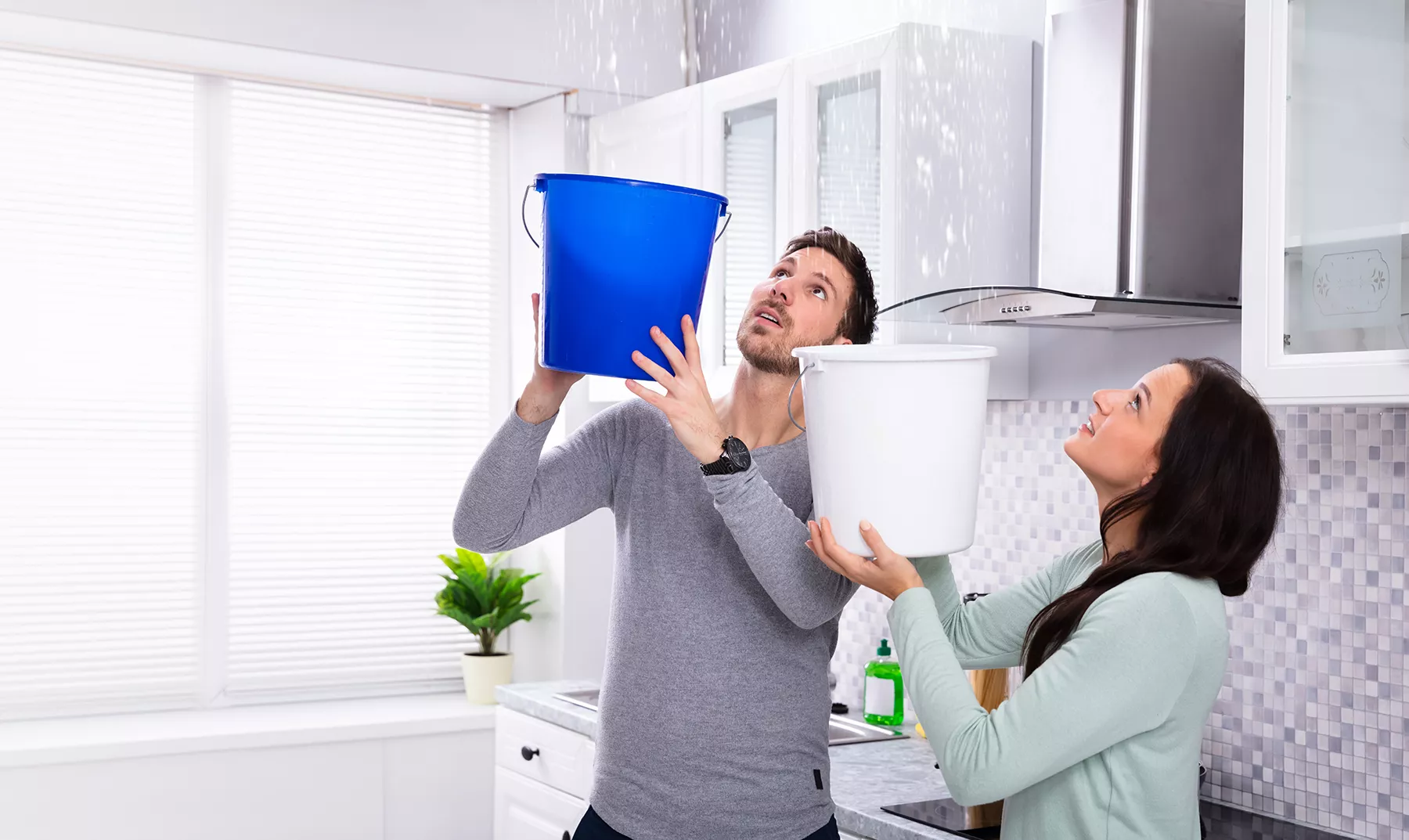
Any standard tenancy agreement should include a basic stipulation that the landlord is responsible for providing a safe and comfortable property that is fit to live in. This means the landlord has a duty to carry out important safety responsibilities involving fire safety, electrical safety and gas safety, but it also means they have to carry out repairs on the property where required.
Landlord and tenant responsibilities
If the tenant has damaged the property themselves, or their family or a guest has, then the tenant is responsible for repairing that damage. However, if the damage is caused by everyday wear and tear, or a poor installation, for example, then the landlord is responsible for the repair. And importantly, they must carry out the repair within a reasonable time period.
Reporting a problem that needs repairing
It is essential that the tenant reports a problem as soon as possible, once it has been discovered. Firstly, this gives the landlord the best possible chance of repairing the problem before it gets worse, but it also means you gave the landlord the ‘possibility’ of repairing the problem before it got worse. In other words, you gave the landlord the information and they can choose what to do with that information. Ideally you should take photos and other evidence to show at what stage the problem was when you first reported it.
If the repair is carried out in good time- bearing in mind that if the repair is costly or complex this may take longer than usual to arrange – then everything is fine, but if it isn’t then, as the tenant, you are presented with a situation you need to manage carefully.
What to do if a landlord won’t carry out a repair
While it can be very distressing to live in a property that requires repair, and this can have a knock-on effect on yourself and members of your family, it is important that you stay calm and follow the appropriate procedure. Although it can be tempting to take a landlord to court and initiate legal action to force them into doing the repair, as with most legal scenarios, this is a last resort option, and you need to be seen to be taking reasonable steps to resolve the issue amicably first.
So the first thing you need to do is report the issue to the landlord in writing, stating:
- What the problem is
- When it was first reported
- Problems you have encountered as a result of the damage (ie. health issues or damage to your property)
- A reasonable time period in which to carry out the repair, such as three weeks
- An explanation of how you will progress the issue if the repair isn’t carried out within that time frame, ie. court action. However, you could escalate the issue at this stage by taking it to your letting agent, if you have one, the local authority or the Citizen’s Advice Bureau. This gives you official support and may pressure the landlord into action.
Don’t try to carry out the repair yourself, however tempting this might be. This could, essentially, violate your tenancy agreement and means you are responsible for the standard of the repair. If this is sub-standard the landlord could then charge you to put it right and the situation becomes reversed and very complicated. There is no guarantee that you would get your costs back.
You should try to come to an arrangement with the landlord, and in many cases when the issue is spelt out in writing, the landlord will carry out the repair or pay the costs for it to be done. However, if the landlord still doesn’t agree to carry out the repair, you should start to take legal advice.
How to start legal proceedings against a landlord
If you speak to Legal HD we can advise on your legal rights regarding housing disrepair issues and the best way to proceed given the circumstances and the timescale of your issue. In all cases you will need to provide evidence of when you first reported an issue and how it has progressed, so you need to:
- Keep records of all correspondence with the landlord, ie. texts, emails or screenshots of your call log and phone history
- Take photos of the problem regularly, to show how it is getting worse
- Take photos or keep evidence of how the problems is affecting your health or personal belongings
- Retain doctors notes relating to any health issues
Contact Legal HD to resolve your landlord dispute
If you have a problem with a landlord not carrying out a repair, then contact Legal HD and we can support you in resolving it. In summary, it is important that you attempt to solve the problem amicably at first, and give the landlord a reasonable time period in which to resolve it. But from there you should keep as much evidence as you can and take the correct steps to escalate the issue. Ultimately, a court can order the landlord to carry out the repairs and/or pay you suitable compensation, so if you contact us at Legal HD we can help you get the repair done, but it has to be by following the correct procedure.


